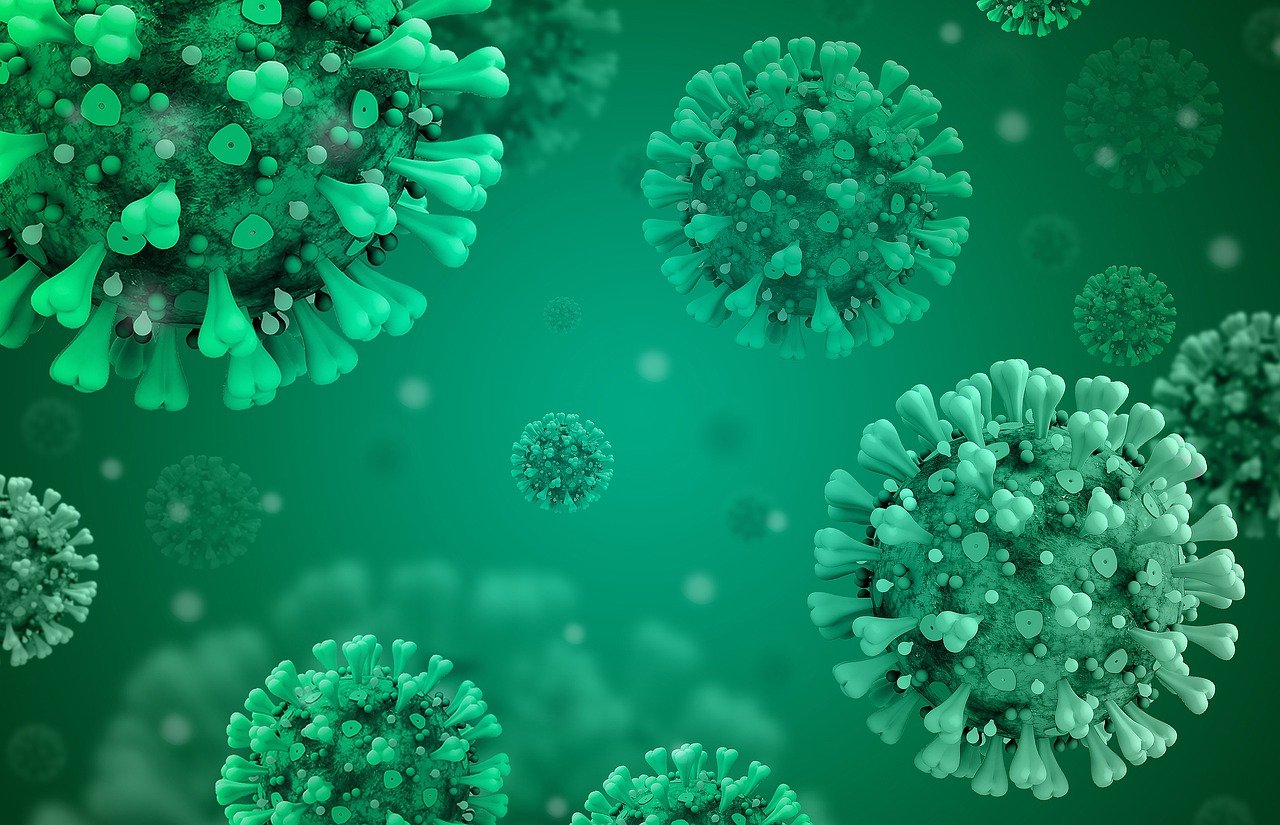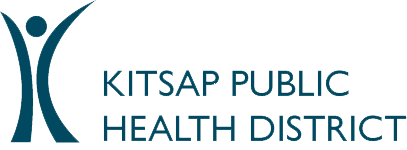
Actions Requested:
COVID PREVENTION/TREATMENT
- Be aware that Washington State is currently experiencing a shortage of anti-SARS-CoV-2 monoclonal antibodies (MAbs). Adhere to National Institutes of Health (NIH) guidelines on the use and prioritization of MAbs. Sites in Washington State administering mAbs can be found here.
- Do not administer or prescribe Ivermectin for prevention or treatment of COVID-19. CDC issued a health alert about the rapid increase in Ivermectin prescriptions and reports of severe illness associated with the use of Ivermectin to prevent or treat COVID-19. The evidence suggesting Ivermectin is safe or effective at treating or preventing COVID-19 is of very low- to low-certainty.
VACCINE
- Be aware, on Sept. 24 the Western States Scientific Safety Review Workgroup and the Centers for Disease Control and Prevention (CDC) recommended a single booster dose of Pfizer-BioNTech (Comirnaty) vaccine to certain high-risk populations at least 6 months after their primary series under the Food and Drug Administration’s (FDA’s) expanded emergency use authorization (EUA):
- All people 65 years or older or who live in long-term care facilities should receive a booster dose.
- People between 50 and 64 years old with underlying medical conditions should receive a booster dose.
- People between 18 and 49 years old with underlying medical conditions may receive a booster dose based on their individual risks and benefits.
- People between 18 and 64 years old in an occupational or institutional setting where the burden of disease and risk of infection are high may receive a booster dose based on their individual risks and benefits.
- Join a Clinician Outreach and Communication Activity (COCA) call on Tuesday, Sept. 28, 2021 from 11 a.m. to 12 p.m. PT that will cover what clinicians need to know about administering booster doses.
- Help patients access their vaccine records and explain the different ways to show vaccination status. There are options for everyone, including those who need language assistance or don’t have access to a computer or smartphone.
VACCINE MANDATES
- Be aware, all state employees and workers in healthcare and long-term care settings must be fully vaccinated against COVID-19 by Oct. 18.
- The recent CDC and FDA decisions about booster doses do not change the definition of full vaccination. Booster doses are not required where vaccine mandates are in place.
TESTING
- Help families navigate the K-12 testing requirements to return to school when a student has COVID-19-like illness (CLI). Children presenting with CLI should receive a PCR test before returning to school. Over-the-counter antigen tests do not offer proof of testing.
- Report (required) COVID-19 rapid antigen tests (point of care testing) to WA DOH and KPHD.
- All point of care (POC) test results (positive & negative) must be reported to WA DOH using this form, instructions are available here.
- Report positive test results to KPHD by faxing the completed KPHD WA COVID-19 POC result form to (360) 813-1168 or by calling the Health District, (360) 728-2235, 24/7.
- Advise patients with a positive test result from an over-the-counter test to isolate and report positive results by calling 1-800-525-0127.
Background
Kitsap County remains in very high COVID transmission. The seven-day county rate as of September 23 was: 202 per 100,000, fortunately, rates appear to be beginning to decrease. Case rates remain high among children, and increasing among school-aged children.
As of September 21st, Kitsap County has 38 active outbreaks, 11 in long-term care facilities, 4 in congregate living situations, 2 in health care facilities, 4 schools, 3 workplaces, 3 community events and 11 government sites. 42% (16) involve 10 or more cases.
For the period August 19-September 18, the risk of COIVD infection is 4.3 times higher among unvaccinated residents; the risk of COVID hospitalization among those ages 12-59 was 24.6 times higher among unvaccinated
170 new COVID hospitalizations were reported 9/1 – 9/24, 25% are individuals under age 50. About half of ICU patients at Saint Michael Medical Center are COVID patients.
48 deaths were reported in August and so far in September, compared to only 9 in June and July.
71.2% of Kitsap County residents age 12 and older have initiated vaccination, 65.6% have completed their series. Kitsap vaccination rates are below the state rates, 75.8% initiated and 68.9% complete. Just over half (53%) of Kitsap school-age children, ages 12 to 18, are fully vaccinated.
Monoclonal antibody shortage
A recent change in allocation policy and supply chain management of anti-SARS-CoV-2 MAbs has contributed to a supply shortage. We await further guidance from Washington State Department of Health (DOH) on how to prioritize and optimize use of the limited available supply. While we await guidance, prioritize administration of MAbs when available in accordance with NIH guidelines
- Prioritize the treatment of COVID-19 over post-exposure prophylaxis of SARS-CoV-2 infection while these therapies are in short supply.
- Among fully vaccinated COVID-19 cases, limit use to those who are ≥70 years of age OR who are moderately-to-severely immunosuppressed.
- Among partially immunized or unimmunized COVID-19 cases, prioritize administration to the following groups:
- Older age (e.g., ≥65 years).
- Obesity (BMI ≥35 kg/m2, or if age 12-17, BMI ≥85thpercentile).
- Pregnancy.
- Chronic kidney disease.
- Diabetes.
- Immunosuppression.
- Cardiovascular disease.
- Hypertension.
- Chronic lung diseases.
- Sickle cell disease.
- Neurodevelopmental disorders.
- Complex genetic or metabolic syndromes.
- Severe congenital anomalies.
- Medical-related technological dependence.
- Administration within ≤7 days of onset offers the greatest yield in preventing severe disease.
DOH has not changed its clinical recommendations for monoclonal antibodies.
Monoclonal antibody treatment is available through EUA to people in Washington who are 12 years or older and weigh at least 39 kg and are at high risk for progressing to severe COVID-19 or hospitalization. Monoclonal antibodies are laboratory-made proteins that bind to the spike protein of SARS-COV-2 and block the virus’ attachment and entry into human cells. Research demonstrating the benefits of monoclonal antibodies for treatment of COVID-19 is growing.
To order monoclonal antibodies, send your request form to mcm@doh.wa.gov on Wednesdays by 9 pm. Orders will be confirmed by DOH by the end of the week. Establish a WA HEALTH or HHSProtect (tele-tracking) account, in order to show a utilization history.
When supplies are no longer short, direct ordering of monoclonal antibodies will resume. For more information on this transition, visit the Public Health Emergency (PHE) website. We will provide more information as we learn more about this transition. Email the HHS Therapeutics Team at COVID19Therapeutics@hhs.gov for support during this transition.
During the COVID-19 public health emergency, Medicare will cover the cost of infusions. Healthcare providers administering monoclonal antibody products in Washington are required to follow the manufacturer and EUA guidance:
Additional information
- Monoclonal antibody playbooks (with updated post-exposure prophylaxis).
- Resources for clinicians.
- Administering monoclonal antibodies at your facility.
- Emergency use authorizations for monoclonal antibodies.
- Communication resources.
- COVID-19 treatment guidelines, NIH.
Booster dose updates
Following a vote by the Advisory Committee on Immunization Practices (ACIP) on Sept. 23, on Sept. 24 CDC recommended a single booster dose of Pfizer-BioNTech (Comirnaty) vaccine to certain high-risk populations at least 6 months after their primary series under the FDA’s expanded EUA:
- All people 65 years or older or who live in long-term care facilities should receive a booster dose.
- People between 50 and 64 years old with underlying medical conditions should receive a booster dose.
- People between 18 and 49 years old with underlying medical conditions may receive a booster dose based on their individual risks and benefits.
- People between 18 and 64 years old in an occupational or institutional setting where the burden of disease and risk of infection are high may receive a booster dose based on their individual risks and benefits.
These changes come as the spread of the more infectious Delta variant across the U.S. has led to an increase in breakthrough cases of COVID-19 in fully vaccinated people. According to CDC, 74% of the breakthrough cases that led to hospitalization or death have occurred in people over the age of 65.
These recommendations only apply to people who got Pfizer-BioNTech (Comirnaty) vaccine as their primary series. Moderna and Johnson & Johnson (J&J) have not yet received FDA approval for additional doses for any population. ACIP does not recommend mixing vaccine types and doing so would be considered off-label. These new recommendations do not redefine the term fully vaccinated and, thus, do not impact existing vaccine mandates.
Kitsap Public Health District will initiate offering booster doses to eligible Kitsap County residents once Washington has a state standing order. We encourage you to reach out to your eligible patients and discuss whether a booster dose would benefit them. It is important to remind younger populations and people without compromised immune systems that the original vaccine series still offers excellent protection against severe COVID-19 infections, hospitalization and death. In Washington, 94% of COVID-19 deaths (and over 99% of deaths in people under age 65) from February through June of 2021 were in people who were not fully vaccinated.
Resources
Kitsap Public Health
WA State Department of Health
- COVID-19 data dashboard
- COVID-19 healthcare provider page
- SARS-CoV-2 sequencing and variants in Washington
CDC COVID-19 page
